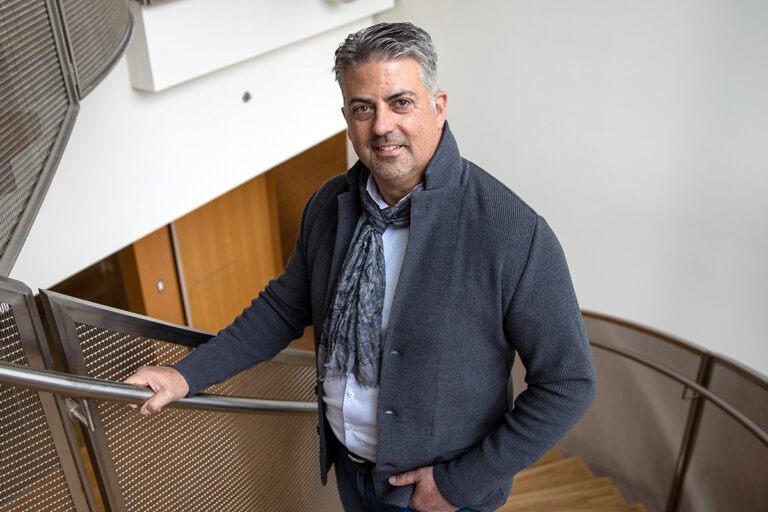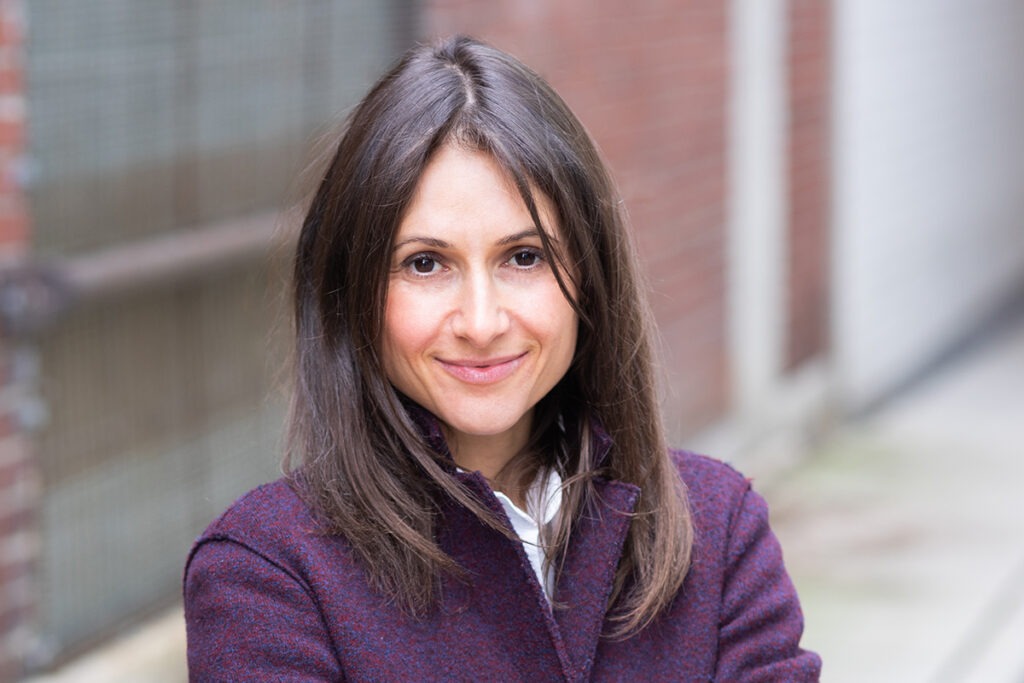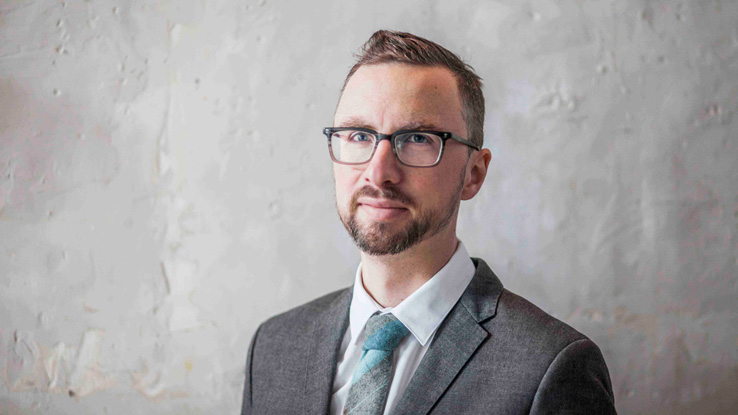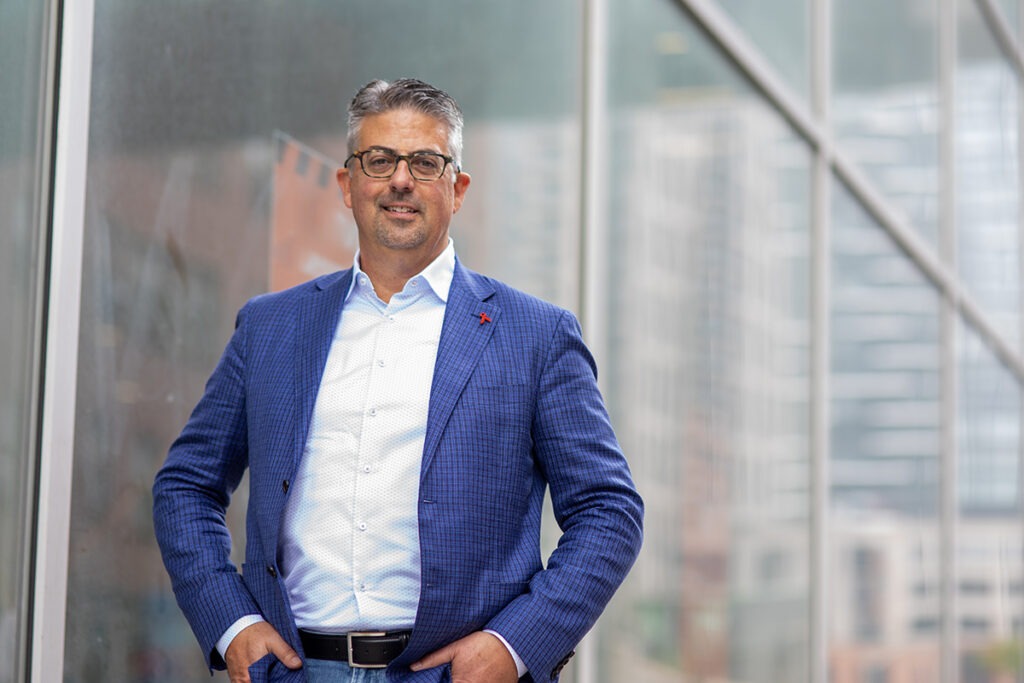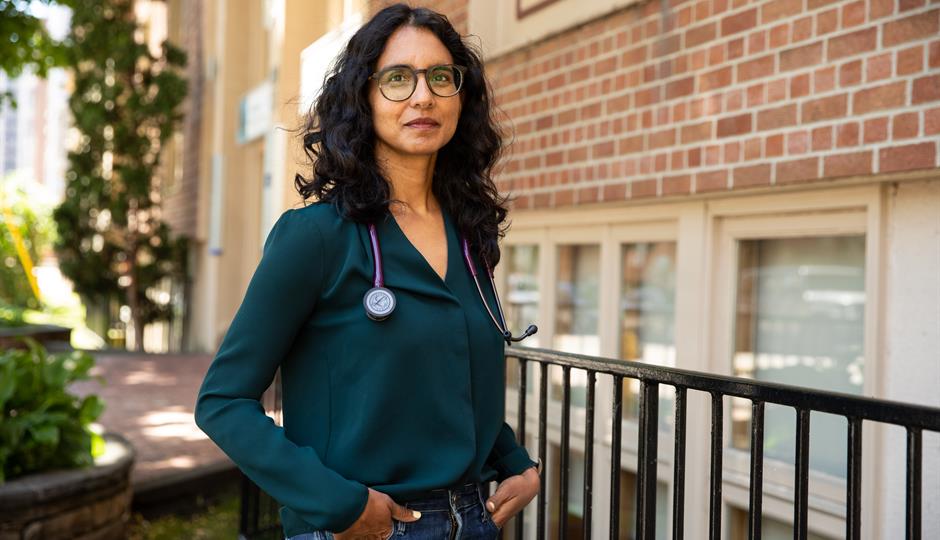Researchers from the University of Toronto and Nigerian Institute of Medical Research have received $3 million from the federal government to launch an international project that will help inform the clinical and public health response to local and global epidemic of mpox (formerly known as monkeypox).
The new funding from the Canadian Institutes of Health Research (CIHR) and International Development Research Centre builds on the collaborative projects and seed funding from the mpox rapid research response launched by the Emerging and Pandemic Infections Consortium (EPIC) earlier this year.
The Canada-Africa Mpox Partnership (CAMP) brings together 68 researchers with multidisciplinary expertise from Canada, Nigeria, the U.S. and U.K. It is co-led by Darrell Tan, an associate professor in the Temerty Faculty of Medicine and infectious disease physician at St. Michael’s Hospital, a site of Unity Health Toronto, and Rosemary Audu, director of research and head of the microbiology department at the Nigerian Institute of Medical Research. Tan is also the operational co-lead of EPIC’s mpox rapid response efforts.
“Our team is honoured to receive this funding to study this previously overlooked infectious disease, and is excited to launch this work,” said Tan.
“Mpox has caused tremendous suffering, stigma and other harms in Canada and worldwide, most notably among gay, bisexual and other men who have sex with men during the 2022 outbreak. The initial support from EPIC was instrumental in allowing us to launch our research within days of the epidemic arriving in Canada and was pivotal to our securing this large grant.”
The CAMP project focuses on three main topics across diverse epidemiological, geo-social, and health system contexts: mpox transmission, treatment and vaccines.
In the first sub-project, the Mpox Prospective Observational Cohort Study, CAMP researchers are working to understand transmission from multiple angles. This will include looking at how the virus is spread between humans, including those who are asymptomatic or presymptomatic, between humans and animals, and from contaminated surfaces. A key component of this work involves mathematical modelling to study how factors like differences in size and features of sexual and social networks, health care access and vaccines might shape the differences in outbreak dynamics across regions within each country, and differences in outbreaks between the two countries.
For the second sub-project, the team is conducting a randomized controlled trial to assess the safety and effectiveness of the smallpox drug tecovirimat as a treatment for mpox. Currently, no drugs have been directly tested and shown to be effective against mpox in humans. By using the same design and measuring the same outcomes as similar trials in other countries, this trial, which also received funding support from the Public Health Agency of Canada and CIHR Canadian HIV Trials Network, will contribute to global data on the efficacy of tecovirimat.
Similar to the lack of human efficacy data on mpox treatments, there is also a need for high quality data on the safety and effectiveness of the smallpox vaccine Imvamune that is currently being offered to individuals at high-risk to protect against mpox. The last sub-project focuses on evaluating the role of the Imvamune vaccine to prevent mpox infection in humans. The team is using observational data to determine the vaccine’s safety and effectiveness, including how the effectiveness changes based on the number and timing of doses, amount of time since vaccination and patient subgroup.


